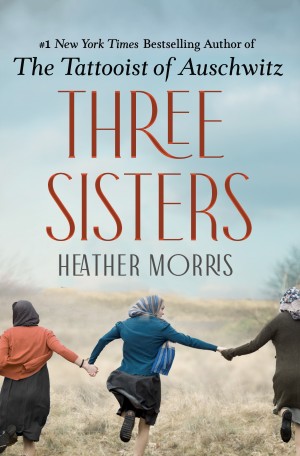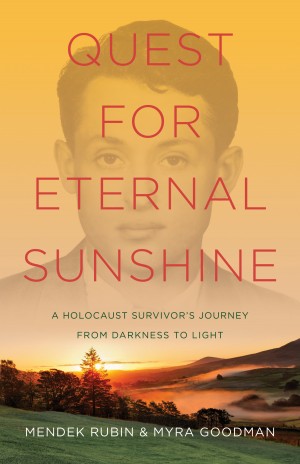It’s January 1944. Fourteen-year-old Prague native Edita “Dita” Adler has recently arrived at Auschwitz from Terezin with her parents. She is named the caretaker of the eight books hidden in Block 31 and becomes the librarian.In the subculture of the camp, she bargains to have secret pockets made inside her smock so that she can hide the books during Nazi inspections. Reading allows Dita an escape from the dismal and desperate life in the extermination camp that eventually claims her father.
Josef Mengele tells Dita he has his eye on her, and that can only mean she’s targeted for bizarre and potentially fatal medical experiments. She puts her trust into youth leader Fredy Hirsch. When he tells her that “not everything is as it seems to be,” she realizes just how true a statement that is; she comes to question her faith in him and in everyone she meets.
The magic of this novel, which is reminiscent of Markus Zusak’s The Book Thief in tone and omniscient voice, is the description of visceral yet sensitive details. It is clear, for example, just how much Dita loves books, mending their pages as if she is a professional conservator. We see Dita’s transformation into a strong older teen who takes risks to protect her loved ones.
To write The Librarian of Auschwitz, author Antonio Iturbe interviewed the real librarian of Auschwitz, Dita Poláchová Kraus, and traveled with her to Terezin. While this book documents her experiences at Terezin, Auschwitz, and Bergen-Belsen, it also richly imagines the lives of those around her. Although Dita figures prominently in the novel, Iturbe also brings in the narratives of real-life Fredy Hirsch and registrar Rudi Rosenberg. Iturbe also interweaves well-known personalities such as Mengele and Anne Frank, some more successfully than others. Back matter includes a “What Happened To” section and a listing of primary documents.
Iturbe has a knack for stating philosophical insights that take one’s breath away. The reader is left with a sense of triumphal spirit and the power of books and reading. Highly recommended for ages 13 and up.
Barbara Krasner is the author of many books across genres, including fiction, poetry, creative nonfiction, and children’s literature. Her recent titles include 37 Days at Sea: Aboard the M.S. St. Louis, 1939, Civilian Casualties in War and Ethel’s Song: Ethel Rosenberg’s Life in Poems. Her book Goldie Takes a Stand! Golda Meir’s First Crusade was a recipient of the Sydney Taylor Honor Award. She holds a Ph.D. in Holocaust and genocide studies from Gratz College, teaches in the Holocaust and genocide studies program at the College of New Jersey, and serves as director of the Mercer County Holocaust, Genocide, and Human Rights Education Center. She also holds an MFA in writing for children and young adults from the Vermont College of Fine Arts.



